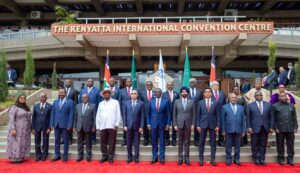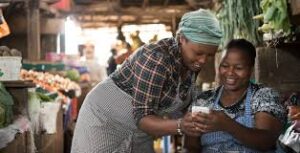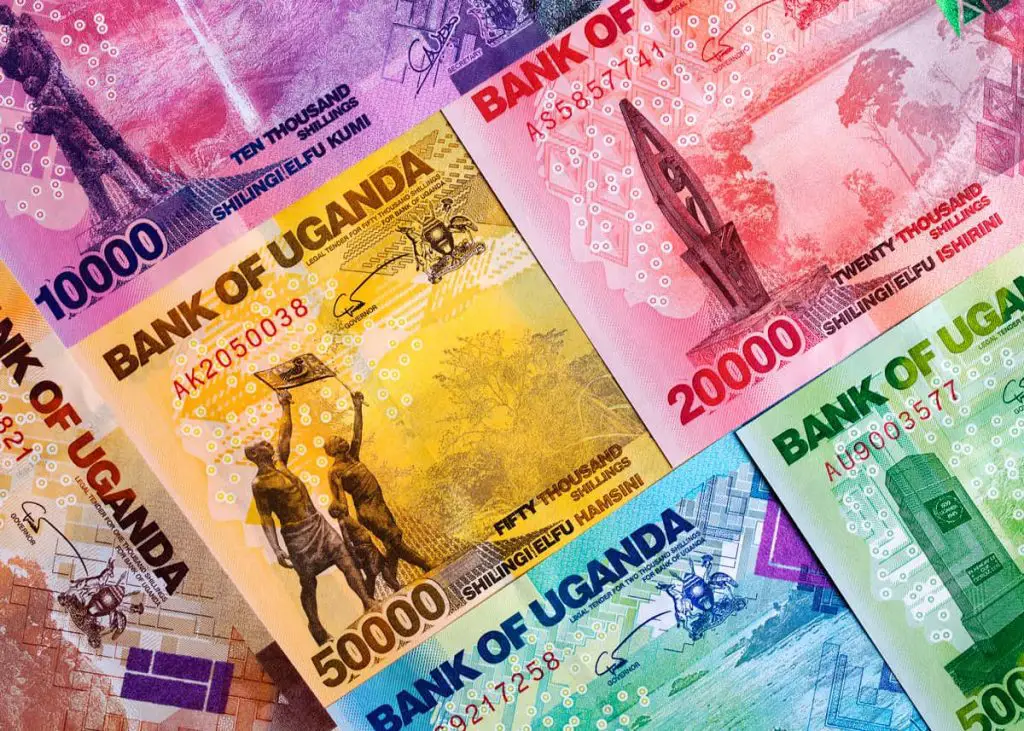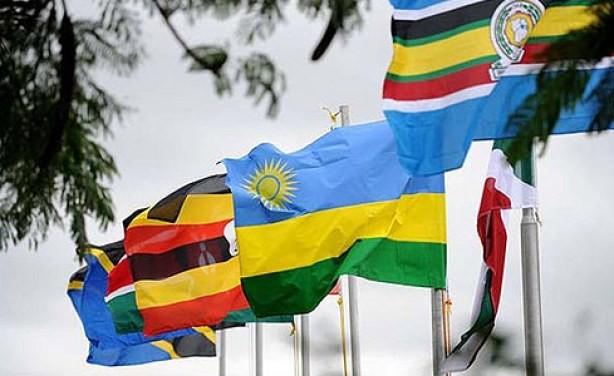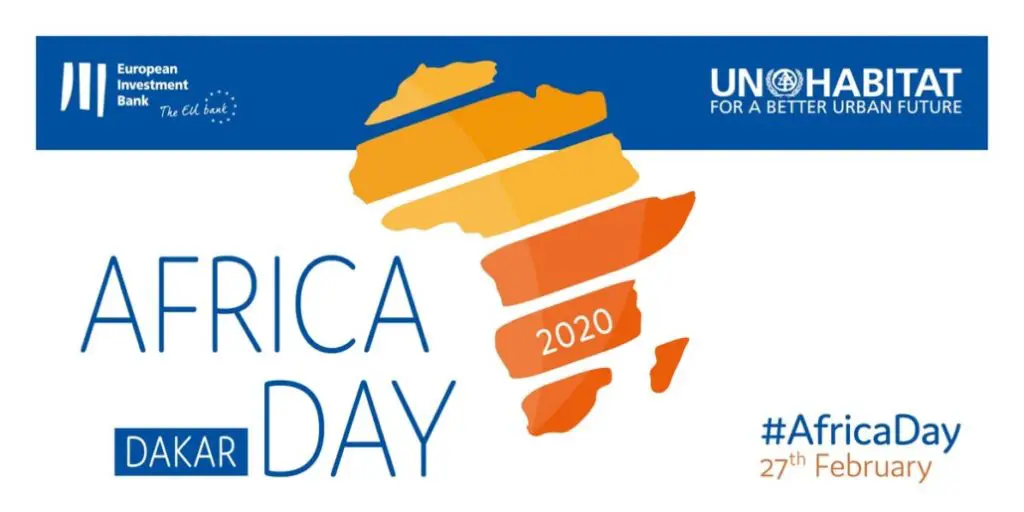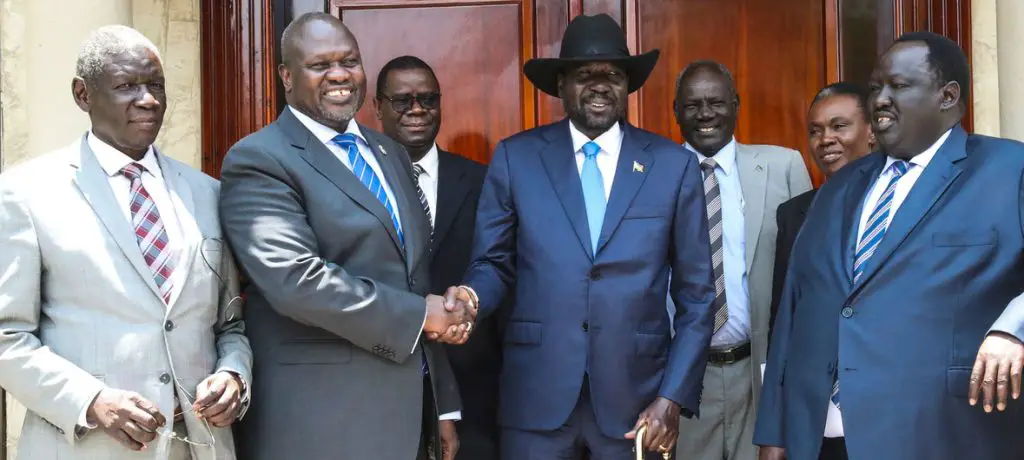- African Heads of State call for tripling of World Bank’s concessional financing
- SpaceX offers Starlink kit at half price for first-time Kenyan customers
- Mobile Banking Reshaping the Gender Gap in Financial Inclusion
- Unleashing ideas: AIM Congress sets the stage for over 450 dialogue sessions
- Abu Dhabi welcomes over 330 partners for AIM Congress 2024
- Kenyan Farmers Receive $2M Boost from Africa Fertiliser Financing Mechanism
- Brace for High Interest Rates for a Longer Period World Bank Warns Kenya
- Kenya-Ethiopia Trade Relations: Legislators Advocate for Policy Alignment to Boost Ties
Month: February 2020
The Bank of Uganda held its benchmark interest rate yet in an effort to keep inflation down and below target and to support economic growth.
The central bank rate (CBR) was kept unchanged at 9 per cent, initially set in October 2019 and maintained in December. The band on the CBR was maintained at positive or negative 3 percentage points while the rediscount rate remained at 13 per cent and the bank rate remained 14 per cent.
“The evaluation of the macroeconomic developments and outlook based on the available information set suggests that, at the current CBR, the monetary policy stance is accommodative and that inflation will converge to target in the medium term while supporting economic growth,” said the monetary policy statement explaining the decision.
The Bank said that Uganda’s economy is expected to expand at between 5.5 and 6 per cent in the 2019 fiscal year, which runs …
Uganda’s consumer price inflation moderated in January after striking its highest level in fifteen months in the previous month.
According to the Uganda National Bureau of Statistics(UBOS), in January the annual rate on the consumer price index (CPI) fell to 3.4 per cent from 3.6 per cent in December, the second-lowest in ten months.
Uganda National Bureau of Statistics attributed the decrease in the headline inflation rate to a fall in annual footwear and clothing inflation, to 2.4 per cent against the 4.3 per cent reported for the 12 months ending December 2019.
In January, the annual transport inflation rate also decreased due to reductions in transport prices following the end of the festive season.
Also Read: Chinese firm to develop the largest solar plant in Uganda
Core inflation, which removes volatile food and energy prices and is closely monitored by the central bank, was unchanged at 3 per cent …
Negotiators agreed to raise the East Africa Community’s (EAC) upper tariff band to 32 per cent.
This breaks a deadlock that has delayed review of the customs taxes for close to 10 years.
Currently, east Africa’s three-band common external tariff (CET) structure has an upper rate of 25 per cent, which is the private sector blames for letting in cheaper goods from outside the bloc.
Raw materials and capital goods are currently charged zero per cent by the region, while inputs are charged 10 per cent and 25 per cent on finished goods imports.
In addition, items that can be produced within, EAC has put them under the sensitive list to attract CET at rates between 35 and 100 per cent this includes a number of products such as maize, rice and textile.
According to the agreement, the tariffs will be reviewed to charge import duty of 32 per cent …
World Bank’s (WB) research on development economics which is focused on identifying successful development polices, has captured various significant insights in the world of development economics, and payment of health and education providers was in it, thus—there are crucial things to rethink to enhance the delivery of quality services.
According to the bank’s research, service providers—schoolteachers and health workers, in particular, are influenced by the payment incentives which dictate high-quality services. But how much they are paid also matters.
Taking the youngest continent in the globe into the context, Africa, of which its average real ages increased by 20 per cent between 2006 and 2017, supported by labour productivity gains, stand to benefit from revised payment schedules, as described by the bank.
Three ways service providers are paid
Fee-for-service is the first schedule of payment, that health workers and schoolteachers tend to get paid on, according to the specific services …
Kenya is pursuing a new trade deal with the United States, a deal that was announced earlier in February during President Uhuru Kenyatta’s visit to Washington DC. To set the stage for the new deal, US department of agriculture USDA has announced that Kenya will start receiving wheat from Idaho, Oregon and Washington states after the states addressed plan health concerns.
Kenya has lifted the trade barrier to allow U.S. wheat growers in the Pacific Northwest (PNW) access to Kenya’s wheat market for the first time in over a decade after the U.S.- Kenya Trade and Investment Working Group adopted a phytosanitary protocol.
Effective immediately, U.S. wheat may now be shipped to Kenya, regardless of the state of origin or port of export, Agriculture Secretary Sonny Perdue announced. For the last 12 years, USDA’s Animal & Plant Health Inspection Service (APHIS) has worked closely with Kenyan officials to address plant …
A three-day regional conference on debt management in sub-Saharan African convened in Uganda this week is expected to conclude into signing a paper to be presented at several forums.
The forums will include the next World Bank spring meeting to highlight governments’ discomfort with some conditions tied to loans.
Uganda’s Ministry of Finance acting director for debt and cash policy management, Maris Wanyera, said the conference will be attended by delegates from 16 countries, under the theme “sustainable public debt management and a strengthened economic growth”
She also said that in light of the ongoing borrowing frenzy by African countries to finance their development agenda, the conference is long overdue.
“The idea is to come up with a strategy; a voice we can use while negotiating some of these loans. Debt [borrowing] is not bad at all, as long as we borrow for the right purposes and negotiate well, but …
Absa Bank Kenya has announced a Ksh10 billion fund to advance credit to women-owned small and medium enterprises over the next five years.
The kitty comes as part of the new customer value propositions under the Absa brand.
The women fund is part of the bank’s commitment towards advancing diversity and inclusion by empowering women with financial resources and capacity building to grow their businesses.
The money will be availed to women entrepreneurs through the existing banking products including unsecured and secured loans, trade finance, asset finance, property finance and working capital facilities.
“Women form over 50 per cent of the local and global population and account for a significant percentage of the SME sector. However, their participation in the national economic development is often stifled by limited access to financial resources and social-cultural restrictions. We are confident that this proposition, coupled with the additional interventions we continue to make, …
Erratic electricity supply and lack of credit are the worst culprits stymying the sector’s growth. …
The Senegalese capital of Dakar is hosting Africa Day 2020 with the European Investment Bank (EIB) and UN-Habitat presenting various opportunities for investors, with an aim of increasing levels of investment in the housing and habitat in the continent.
Africa Day gathers participants from Africa, Europe, and others parts of the world to debate the challenges and solutions for the continent in development, digitalization, sustainability, jobs for young people and many other areas. “Cities for people” is the main topic at EIB Africa Day conference.
More than 400 government ministers, business leaders, academics and civil society representatives, as well as mayors from across Africa, are sharing sustainable urban development best practice, confirm new investment across the continent and visit high impact projects financed by the EIB.
High-level speakers, from Africa and Europe, will attend Africa Day 2020 to share their experiences and expertise. EIB President Werner Hoyer, EIB Vice-President Ambroise …
South Sudan’s handshake’ has been welcomed by economists who say the deal resonates with the demands of the economy, which according to the World Bank and IMF, expects it to be one of the fastest-growing in the continent.
Last week, a new government of national unity was unveiled with Dr. Riek Machar joining the government as a vice president ending six years of civil war that has killed about 400,000 people and displaced millions. The war has also led to massive looting and wastage of oil and the proceeds of the natural resource leaving the country impoverished.
According to the World Bank, Africa’s top performers in 2020 will be led by South Sudan (8.2%). This coupled with the new peace agreement is expected to overturn the negative tide the country has faced in the last few years.GDP Annual Growth Rate in South Sudan averaged -3.46 percent from 2009 until 2018, …
